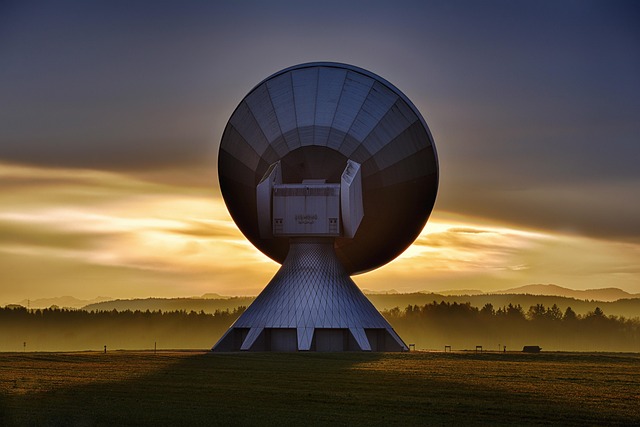In today’s digital age, technological convergence has fundamentally altered the landscape of social interaction, creating an intricately woven tapestry of connectivity that weaves together various forms of media and communication. While this merging of technologies has enabled unprecedented access to information and instant communication, it has also paved the way for a new form of addiction that is quietly creeping into our lives: social media addiction.
Consider the first time you scrolled through a social media feed. The barrage of images, videos, and opinions sparked a curiosity that was hard to resist. Each notification served as a mini-event, igniting a rush of dopamine that kept you reaching for your phone, checking to see who liked your post or responded to your comment. The impact of social media on our emotional and psychological well-being is profound. It can breed a dependency that feels both exhilarating and oppressive.
The phenomenon of technological convergence means that our smartphones and devices blend various realms of content, from news articles to live broadcasts to chat rooms, all available at our fingertips. This omnipresence of social media has led to a lifestyle where checking notifications becomes a reflex. Do you find yourself scrolling during meals, while walking, or even just before bedtime? Such behaviors often redefine what normalcy looks like in our daily routines.
As we become more entrenched in these digital worlds, we start to experience detrimental side effects. Studies suggest that excessive use of social media can lead to heightened feelings of anxiety, depression, and loneliness. The pressure to curate the perfect online persona can weigh heavily on many users, leading to feelings of inadequacy and isolation when the “likes” don’t roll in. The irony is that while social media connects us with countless individuals across the globe, it frequently alienates us from our immediate surroundings.
Moreover, the blending of personal and public life through technological convergence can create a lack of boundaries that many struggle to navigate. Social media platforms are designed to keep users engaged, and their algorithms are meticulously crafted to capture and maintain attention. This behavioral design fosters environments where people feel compelled to stay connected at all times, further entrenching them in a cycle of dependence. Social media becomes a significant portion of our identity, but at what cost?
We must recognize the effect that this convergence of technology has on our relationship with reality. Are we posting a picture for validation or to share a moment? Are we checking our feeds to connect with friends or because of an insatiable craving? Understanding the motives behind our social media consumption is critical if we are to break the cycle of addiction that many find themselves in.
As we unpack the harsh realities of technological convergence and its relationship with social media addiction, it becomes essential to foster conversations about responsible usage. Acknowledging the challenges is the first step toward protective strategies that can help us reclaim our time and attention. Whether it’s setting specific times for checking notifications, turning off alerts, or focusing on face-to-face interactions, the journey toward a balanced digital life requires effort and awareness.
The impact of social media is undeniable, and while we can’t escape the tide of technological convergence, we can choose how to navigate our digital spaces. By taking proactive steps and being mindful of our consumption patterns, we can transform our relationship with technology from one of addiction to one of empowerment.



